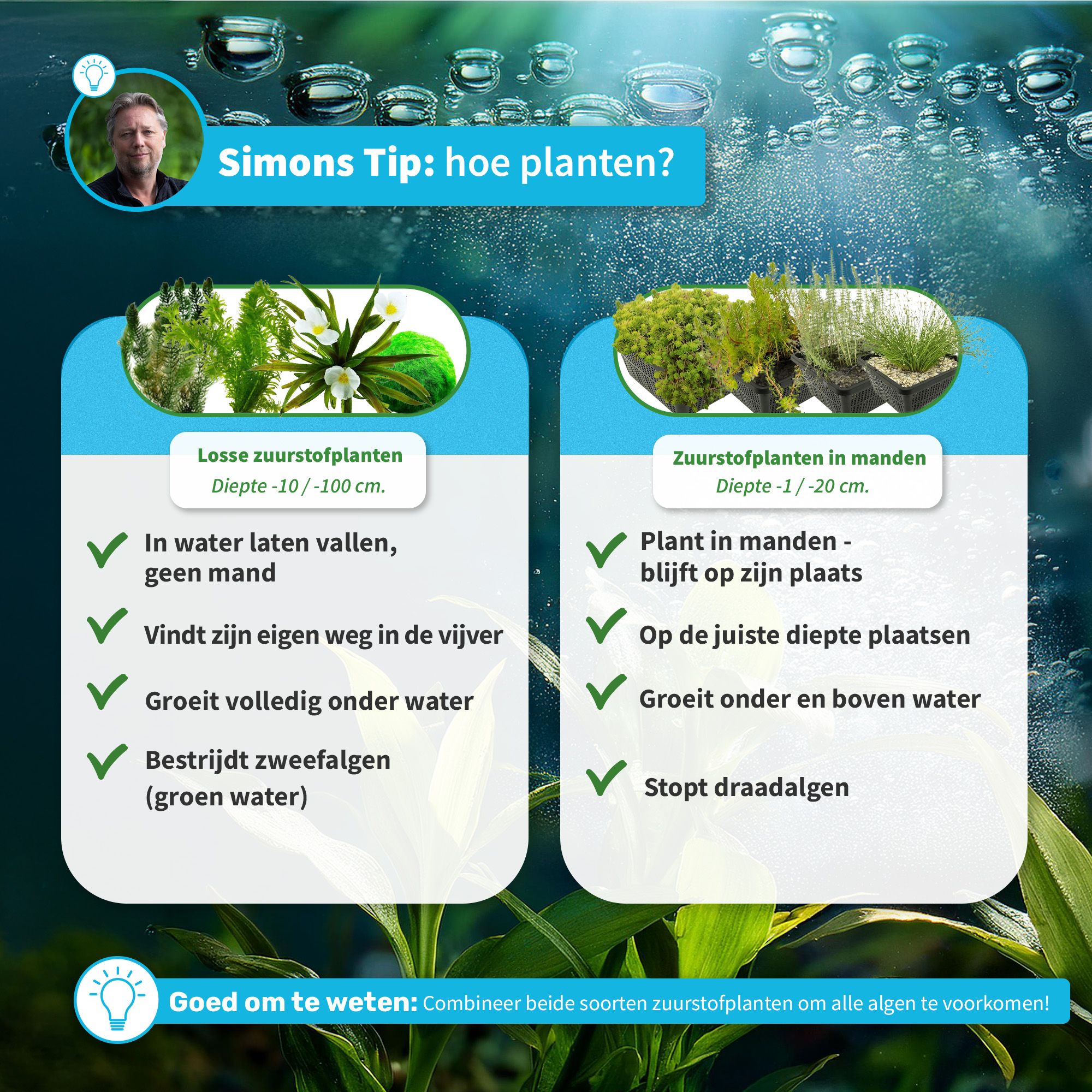Lifestyle Ventures: Understanding Small Businesses Built Around Personal Passions
What’s a lifestyle venture?
A lifestyle venture is a type of small business create chiefly to support the founder’s preferred way of life kinda than to maximize profits or growth. These businesses are design to provide personal satisfaction, work-life balance, and financial sustainability that align with the owner’s values and interests.
Unlike high growth startups or traditional corporations, lifestyle ventures typically remain small to medium-sized by choice. The owners intentionally limit expansion to maintain control and preserve the quality of life that motivate them to start the business in the first place.
Key characteristics of lifestyle ventures
Lifestyle ventures share several distinctive features that set them aside from other business models:
Personal passion integration
The business concept typically emerges from the founder’s personal interests, hobbies, or skills. This passion base approachensurese the entrepreneur remain motivated and engage with their work over the long term.
Work-life balance priority
Lifestyle entrepreneurs structure their businesses to accommodate desire working hours, location flexibility, family responsibilities, or personal pursuits. The business serve the lifestyle, not the other way about.
Sustainable growth model
Kinda than pursue rapid expansion or seek venture capital, lifestyle ventures aim for steady, manageable growth that doesn’t compromise the founder’s quality of life.
Owner operated structure
Most lifestyle ventures remain principally owner operate or maintain a small team. This approach allow founders to preserve their vision and maintain direct involvement in aspects of the business they enjoy.
Value drive decision make
Business decisions reflect the founder’s personal values and priorities kinda than being drive exclusively by profit maximization or market pressures.
Examples of lifestyle ventures
Independent coffee shop
A neighborhood coffee shop own by a coffee enthusiast who resignedly keep operations small sufficiency to maintain quality and community connections represent a classic lifestyle venture. The owner might limit hours to avoid early mornings or late nights, choose not to franchise despite opportunities, and prioritize create a welcoming atmosphere over maximize customer turnover.
Unlike a high growth coffee chain focus on rapid expansion and standardization, the lifestyle coffee shop owner make decisions base on personal satisfaction and community impact instead than exclusively on profit potential.
Freelance graphic design business
A freelance graphic designer who structure their business to accommodate family responsibilities, travel desires, or personal creative projects exemplify a lifestyle venture. They might resignedly limit their client roster, choose projects base on interest kinda than exactly compensation, and set work hours that support their preferred daily routine.
This contrast with a design agency focus on build a large team and maximize billable hours. The lifestyle entrepreneur prioritize autonomy and work satisfaction over business expansion.
Boutique surf shop
A surfing enthusiast who open a small surf shop in a coastal town principally to support their passion for the sport and lifestyle represent another common lifestyle venture. The owner might structure the business to allow time for daily surfing, close during prime wave conditions, and focus on build relationships with fellow enthusiasts kinda than maximize sales volume.

Source: founderjar.com
Unlike a retail chain that must prioritize consistent hours and standardized operations, the lifestyle surf shop reflect its owner’s values and priorities.
Small organic farm
A small scale organic farmer who intentionally limit production to maintain sustainable practices and personal involvement in the growth process operate a lifestyle venture. They might choose to sell through farmers’ markets or community support agriculture preferably than pursue large wholesale contracts that would require industrial scale production.
This approach allow the farmer to maintain the connection to the land and community that draw them to farm while generate sufficient income to support their rural lifestyle.
Bed and breakfast inn
A couple who purchase and operate a bed and breakfast in a location they love, structure the business to allow for personal time and interests, exemplify a lifestyle venture. They might limit the number of rooms, close during certain seasons for personal travel, or design the property to include private living quarters that maintain separation between work and personal life.
Unlike a hotel chain focus on maximize occupancy and expansion, the B&B owners prioritize create a sustainable business that support their desire lifestyle in a location they cherish.
Lifestyle ventures vs. Other business models
Lifestyle ventures vs. High growth startups
The contrast between lifestyle ventures and high growth startups reveal fundamental differences in purpose and structure:
- Funding approach: Lifestyle ventures typically self fund or use minimal outside investment, while high growth startups oftentimes seek substantial venture capital.
- Growth trajectory: Lifestyle businesses aim for sustainable, manageable growth, while startups pursue rapid scaling and market dominance.
- Exit strategy: Lifestyle entrepreneurs seldom plan to sell their businesses, alternatively view them as long term personal ventures. Startup founders oftentimes work toward acquisition or public offering.
- Work intensity: Lifestyle ventures prioritize work-life balance, while startups typically demand intensive work schedules and personal sacrifice during growth phases.
Lifestyle ventures vs. Traditional small businesses
While lifestyle ventures are a subset of small businesses, they differ from traditional small businesses in several key ways:
- Primary motivation: Lifestyle ventures prioritize the owner’s quality of life and personal satisfaction, while traditional small businesses may focus more on financial security and community service.
- Growth approach: Lifestyle ventures frequently purposely limit growth to maintain the owner’s preferred involvement level, while traditional small businesses may pursue continuous growth within their market.
- Succession planning: Lifestyle ventures are less likely to have formal succession plans, as they’re intimately tied to the founder’s personal vision and interests.
Benefits of create a lifestyle venture
Entrepreneurs who choose the lifestyle venture path experience several distinct advantages:
Personal fulfillment
Build a business around personal passions and values create deep satisfaction and purpose. This alignment between work and personal interests help prevent burnout and maintain motivation through challenges.
Autonomy and control
Lifestyle entrepreneurs maintain decision make authority over all aspects of their business. This independence allows them to uphold their values, maintain quality standards, and adapt the business to their change life circumstances without answer to investors or partners.
Flexibility
The ability to structure work hours, location, and commitments around personal preferences create unparalleled flexibility. This adaptability proves peculiarly valuable for entrepreneurs balance family responsibilities, health considerations, or other personal priorities.
Sustainable pace
By reject the pressure to perpetually expand or maximize profits, lifestyle entrepreneurs can maintain a sustainable work pace that support long term wellbeing and prevent burnout.
Direct connection with work
Lifestyle ventures allow owners to remain straightaway involve in the aspects of the business they find virtually rewarding, instead than being force to delegate these elements as the business grow.
Challenges of lifestyle ventures
Despite their advantages, lifestyle ventures face distinct challenges:
Financial limitations
The deliberate choice to limit growth can restrict income potential and create financial vulnerability during economic downturns. Lifestyle entrepreneurs must cautiously balance financial sustainability with lifestyle priorities.
Personal identity risks
When a business is intimately tied to personal identity and passions, business challenges can feel deep personal. This blurred boundary between personal and professional liferequirese careful emotional management.
Scale difficulties
If circumstances change and the entrepreneur decide to grow the business, the designedly limit structure may create obstacles to scaling. Systems design for small scale, owner operate businesses oftentimes require significant redesign to support expansion.
Market perception
Some clients or partners may perceive lifestyle ventures as less professional or committed than growth focus businesses. Overcome these perceptions require clear communication about the intentional nature of the business model.
Is a lifestyle venture right for you?
Consider these questions when evaluate whether a lifestyle venture aligns with your goals and values:
Priority assessment
Do you value autonomy, work-life balance, and personal fulfillment more extremely than maximize income potential or build a large organization? Lifestyle ventures advantageously serve entrepreneurs who prioritize quality of life over traditional business success metrics.
Financial expectations
Can you build a sustainable business that generate sufficient income while maintain your desire lifestyle limitations? Realistic financial planning must account for the intentional growth constraints of a lifestyle venture.
Passion sustainability
Will your passion for the business concept will remain strong sufficiency to will sustain your motivation over years or decades? Since lifestyle ventures typically represent long term commitments, the underlying passion must have stay power.
Personal skill alignment
Do your skills and interests align intimately with the daily operations of the business? Lifestyle ventures work advantageously when the founder authentically enjoys the routine activities the business require.
Create a successful lifestyle venture
Follow these principles to build a lifestyle venture that remain both personally rewarding and financially sustainable:
Define success on your terms
Explicitly identify what success mean for your lifestyle venture beyond financial metrics. This might include specific lifestyle elements, community impact goals, or personal development objectives that the business should support.
Set clear boundaries
Establish firm boundaries around work hours, client expectations, and growth limitations that protect your desire lifestyle. Communicate these boundaries clear to clients, partners, and team members to prevent misaligned expectations.
Build financial resilience
Create financial buffers and diversified income streams that protect against seasonal fluctuations or market changes. This resilience allows you to maintain lifestyle priorities evening during challenging periods.
Leverage technology befittingly
Use technology and automation to streamline necessary but less enjoyable aspects of the business. This strategic delegation preserve your time and energy for the elements of the business that provide personal satisfaction.
Cultivate supportive networks
Connect with other lifestyle entrepreneurs who understand and support your business approach. These relationships provide valuable perspective and practical advice from others who share your priorities.
Conclusion
Lifestyle ventures represent a deliberate choice to create businesses that serve personal values and desire quality of life instead than pursue maximum growth or profit. From the independent coffee shop to the freelance design business, these ventures allow entrepreneurs to build sustainable livelihoods around their passions while maintain control over their time and priorities.

Source: eccceg.com
While not suit to every entrepreneur’s goals, lifestyle ventures offer a compelling alternative to traditional business models for those who prioritize autonomy, work-life balance, and personal fulfillment. By understand the distinctive characteristics, benefits, and challenges of lifestyle ventures, entrepreneurs can make informed decisions about whether this business approach align with their vision of success.
The virtually successful lifestyle ventures achieve a delicate balance: they generate sufficient income to support the entrepreneur’s desire lifestyle while preserve the passion, flexibility, and personal satisfaction that inspire the business in the first place. This harmony between business sustainability and personal fulfillment represent the true measure of success for lifestyle entrepreneurs.
MORE FROM grabscholarships.de













